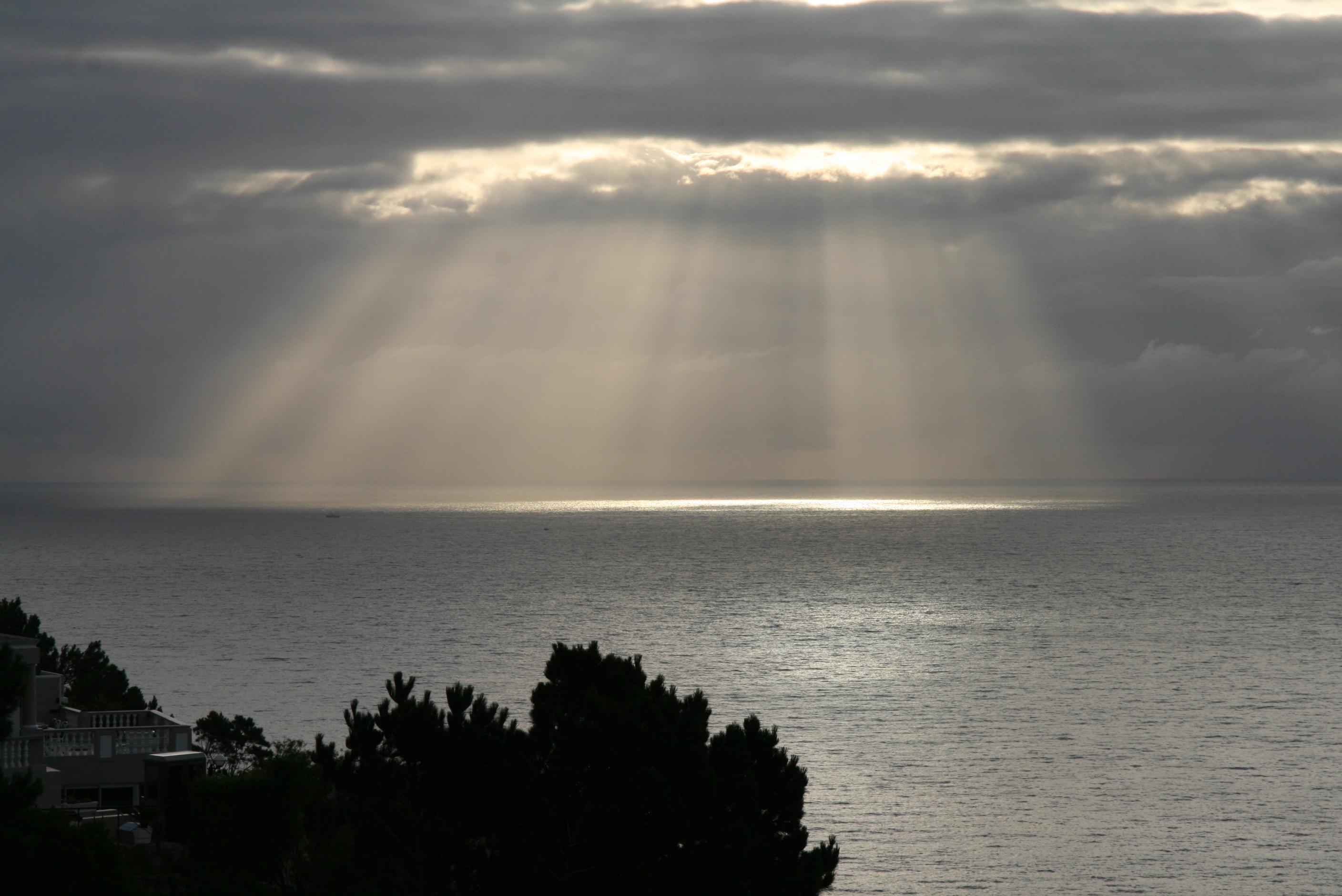I am writing these words in the guest room of our Melbourne friends who, over the years, have time and again shown us great kindness and hospitality, welcoming us into their home, and taking an interest in our lives, work, and family. What a privilege to be a guest in someone’s home, to find a place of welcome and acceptance, kindness, warmth and blessing. Thank you Gordon and Maggie!
And so it is with Psalm 15: “O Lord, who may abide in your tent? Who may dwell on your holy hill?” I might re-phrase it differently: “God, who can be a guest in your home? Who will you invite to live with you in your tent?”
It is important to begin, perhaps, with an acknowledgement that this psalm does not sit easily with Protestant convictions concerning grace, justification and acceptance with God. Must one work in order to find acceptance with God and entry into God’s house? Or is one freely welcomed on account of grace with no entry requirements whatsoever? It is equally important to recognise that this way of setting up the question, this either-or dichotomy, misrepresents not only Scripture, but Protestantism as well. As this psalm so clearly testifies, it has ever been the case that the call to be welcomed as God’s people includes within that call a responsibility, a concurrent call to holiness in the presence of the holy God. “Be holy, as I am holy!” (Leviticus 19:2; cf. 1 Peter 1:15-16).
Some modern commentators view Psalm 15 as an ‘entry liturgy’ in the worship of ancient Israel. As the pilgrims and worshippers assembled at the Jerusalem temple for one of the great annual festivals, the priests instruct them concerning the requirements which dictate entry into God’s presence (see also Psalm 24:3-6 and Isaiah 33:14-17). While it may well be that such liturgies occurred in ancient Israel, it is likely that the psalm should be understood in a more general sense than ‘entry’ requirements. It speaks of those who would not simply seek entry to God’s house, but who would abide and dwell in his presence. Thus it is concerned with the kind of life appropriate for those who would identify as God’s people, of those who would be guests in his house—and more than guests—children!
If verse one poses the essential question, the rest of the psalm supplies the answer. Craigie, notes that the psalm provides ten exhortations as the answer to the opening question, and that this structure indicates the function of the psalm:
This tenfold structure of conditions is analogous to the Decalogue in principle and with respect to the sense of wholeness, though there are no precise inner correspondences between the conditions and the Commandments. Rather, the tenfold structure suggests once again the didactic context of the wisdom school; young persons were being instructed to tick off, as it were, on their ten fingers the moral conditions prerequisite to participation in worship. Thus the conditions for admission to worship are apparently presented here in the curriculum of moral instruction and symbolically represent morality in its entirety, rather than covering every facet of the moral life in detail (Craigie, Psalms 1-50, 150-151).
Despite the evident attractions of Craigie’s view (and its equally evident applicability to pastoral work and parenting), I prefer to think of the second verse as the answer to the question, with vv. 3-5b providing illustrations and amplifications of the answer given in verse two. The second verse lists three overarching criteria for those who would ‘dwell’ in God’s presence: they are those who walk with integrity, who work righteousness, and who speak truth in their own hearts. I find in this characterisation a certain correspondence with Micah 6:8:
With what shall I come before the Lord, and bow myself before God on high? …
He has told you, O mortal, what is good; and what does the Lord require of you, but to do justice, and to love kindness, and to walk humbly with your God?
To ‘walk with integrity’ suggests congruence between one’s private and public self: ‘what you see is what you get.’ The word itself (tāmîm) refers to wholeness or completeness, to be ‘perfect’ in the sense of blameless; thus it speaks of wholehearted devotion and consecration to the Lord (Vangemeren (ed.), New International Dictionary of Old Testament Theology and Exegesis, vol. 4, 307). To ‘work righteousness’ speaks of active goodness, especially in relationship toward others, and so corresponds to Micah’s “to do justice and to love kindness.” To ‘speak truth in [one’s] heart’ rules out the kind of self-deception whereby we are wont to rationalise bad behaviour and impure motives (Charry, Psalms 1-50, 71). It refers to an inner honesty with oneself and before God, an acknowledgement of the truth about ourselves, including our own brokenness and sin. Such confession orients us humbly toward God, and prepares us for genuine worship.
Verses 3-5b then unpack these positive characteristics with reference especially to the way in which we speak, relate with others, and use our money. This in itself is significant: true righteousness has more to do with character and relationships than it does with ‘religious’ acts and activities. God is concerned with relational and social holiness and not simply with personal morality, although that, too, is important. The righteousness which is to characterise the people of God consists in truthful speech, generous use of our resources, and care of our neighbour.
It is of interest that the psalm uses both positive and negative descriptions to describe the character of the righteous, since righteousness consists not only in active goodness but also in the absence of evil (Craigie, 151). The righteousness person does not slander, does not take bribes, etc. What is proscribed protects the neighbour and acts as a brake or restraint on our own tendencies. It may be that the positive descriptors set forth the path of righteousness that we are to walk, while the proscriptions act as fences to keep us from wandering from the path.
Inner dispositions, self-regulation, and habitual practices come together for the formation of virtue. This is a life that pleases God and is fitted for worship. But who could possibly meet these exacting standards? Here, once more, Craigie’s pastoral wisdom is evident:
In the history of Christian and Jewish worship, there have emerged two extremes toward which the worshipper may be tempted to move. On the one hand, there have been times when the holiness of God has been stressed so powerfully, that the ordinary mortal has felt it impossible to approach God in worship or prayer. On the other hand, the open access to God in prayer has sometimes been so stressed that admission to God’s presence becomes a thoughtless and casual matter. Between these two poles, there is a proper median: there is indeed access to the Holy God in worship and prayer, but it must be employed carefully, not casually, with appropriate preparation and reverence. … One the one hand, we must live in such a way that we may prepare for worship with integrity, without hypocrisy; on the other hand, the introspection involved, prior to worship, clarifies beyond any doubt the need for forgiveness (152-153).
The psalm climaxes with a wonderful promise: “Those who do these things will never be moved.” Surely this refers back to the opening question: never moved from God’s presence and grace, regardless of circumstances that arise on earth.


